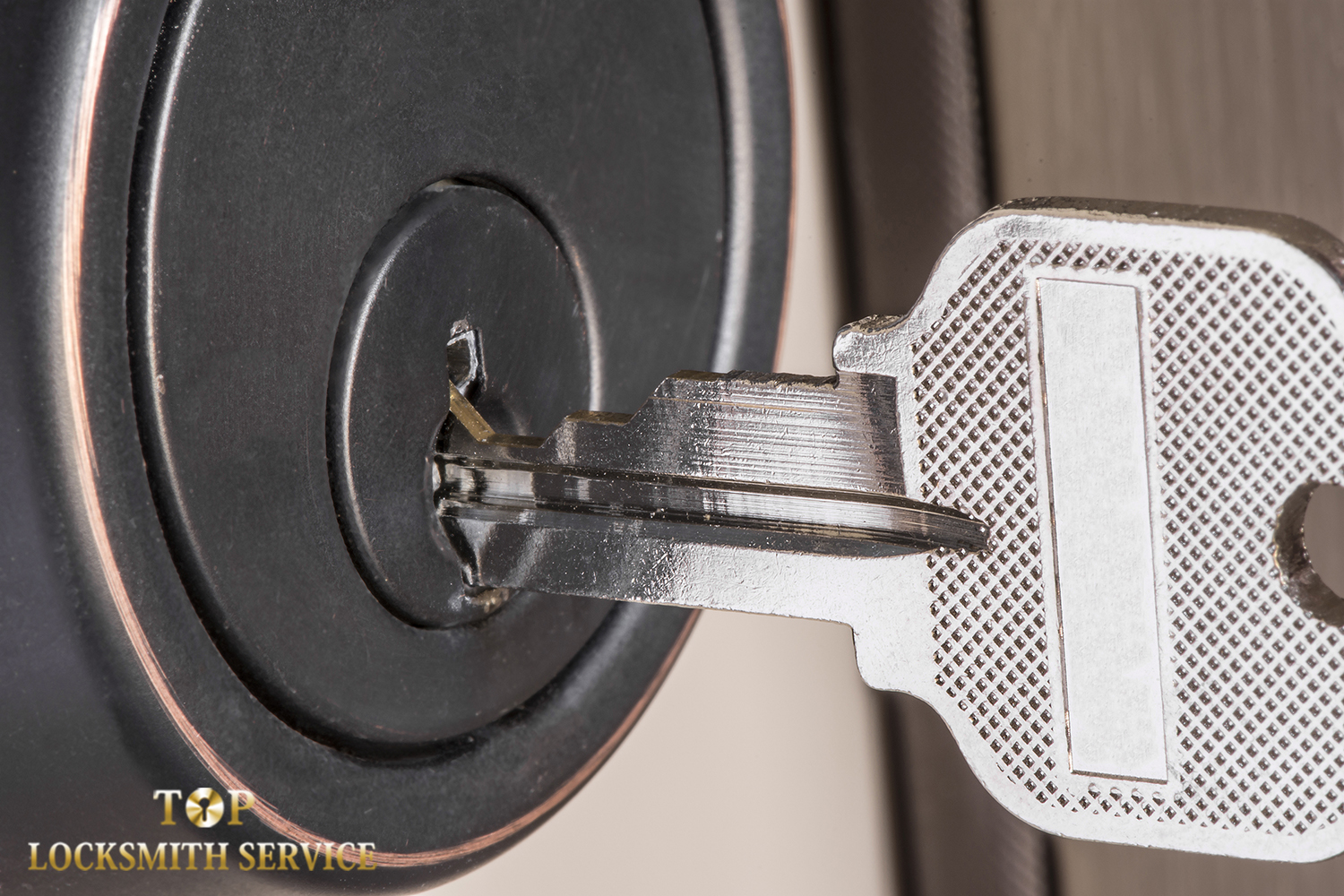Door locks are the last defensive barrier that keeps your family safe from potential burglars. Most people don’t know that locks require a high degree of maintenance, similar to every other home based mechanical system. Regardless of what type of high security lock you have in your home, by following these tips – as prepared by the lock repair and maintenance experts here at Top Locksmith – you can make sure that every single door is operating at peak condition for many years to come.
Keep locks clean and well lubricated
Few people know that door locks need to be periodically cleaned out – but only with the right tools. On an annual basis, lubricate doors with a graphite lubricant or dry lubricant. Spray the lubricant inside the lock, and move a key inside and outside it a few times to get rid of any excess gunk. Door locks should be wiped down with a wet rag every now and then in order to remove dust that can accumulate and clog it up. We don’t recommend using any other sort of cleaner rather than a gentle detergent, because it can take off the lock’s finish and damage it. High security locks, biometric locks, keyless door locks, and electronic locks usually come with specific cleaning procedures, so make sure to only clean it according to the specifications that came with it – and if you don’t know these, contact the manufacturer to ask.
Make key copies
Whenever you get a brand new lock installed, save one of the original keys in order to make copies. Keys usually experience wear and tear before locks do, and usually key replacements are warranted – but as your keys wear, it’s structure can shift, and if it is then copied, the new key won’t as work as well with the door as it should. If you want a truly functioning key, make sure to keep an extra copy of the original in order to make copies.
Hang and properly align doors
If your door is attached improperly, it’s lock will not fully activate, or may not work at all. Small misalignments in door hanging can be subtle and hard to notice, but even the smallest misalignment is magnified within the lock as pressure, warping, and mechanical distortion. If your door is binding or sagging, it puts way too much stress on the lock, and eventually causes issues that can prevent you from entering or exiting your home through that door. It’s important to notice that the space between the door frame and the door itself are consistently even throughout the perimeter of the door, and is less than 1/4th of an inch wide.
